Nelson Mandela: Images of an Icon
Nelson Mandela has died at the age of 95 at his home in Johannesburg, almost 50 years after he was sentenced to life in prison for conspiring to overthrow the South African government.
The most prominent figure in the anti-apartheid movement, Mandela was born in the village of Mvezo in Umtat. After moving to Johannesburg, he joined the African National Congress (ANC) and moved into politics by training as a lawyer.
In 1948, only white people were permitted to vote in the South African general election. The openly racist Herenigde Nasionale Party, led by Daniel Francois Malan, took power.
In government, it looked to expand racial segregation with apartheid legislation. Mandela, who had gained increasing influence in the ANC, began taking direct action against the government.
At a rally in 1952, Mandela addressed 10,000 people and ANC membership grew from 20,000 to 100,000. In response, the government made mass arrests and Mandela was himself arrested a month after his speech.
Between 1956 and 1961, he was prosecuted for treason but was found not guilty.
He then co-founded the militant Umkhonto we Sizwe, which led a bombing campaign against government facilities. Mandela was arrested again in 1962 and was convicted of sabotage and conspiracy to overthrow the government. He was sentenced to life on 12 June, 1964.
Continued activism
After 27 years, Mandela was released on the back of an international campaign. He became ANC president and was made leader of South Africa in 1994, taking over from FW de Klerk, the last president of apartheid-era South Africa.
Mandela retired in 1999 at the age of 80. During his five years in office, spending on welfare increased and the government introduced equality in grants for children, pensioners and disabled people, which had previously been set at different rates for different racial groups. Free healthcare for children and pregnant women was introduced in 1996.
In his private life, Mandela divorced Winnie Mandela and began a relationship with Graca Machel, the widow of former Mozambique president Samora Machel.
He also encouraged black South Africans to support the national rugby team, the Springboks, and hosted the 1995 Rugby World Cup.
After his retirement, Mandela continued his activist work and publicly criticised a number of Western political decisions, including the war in Iraq. He accused Tony Blair and George W Bush of undermining the UN and said the war was a "tragedy".
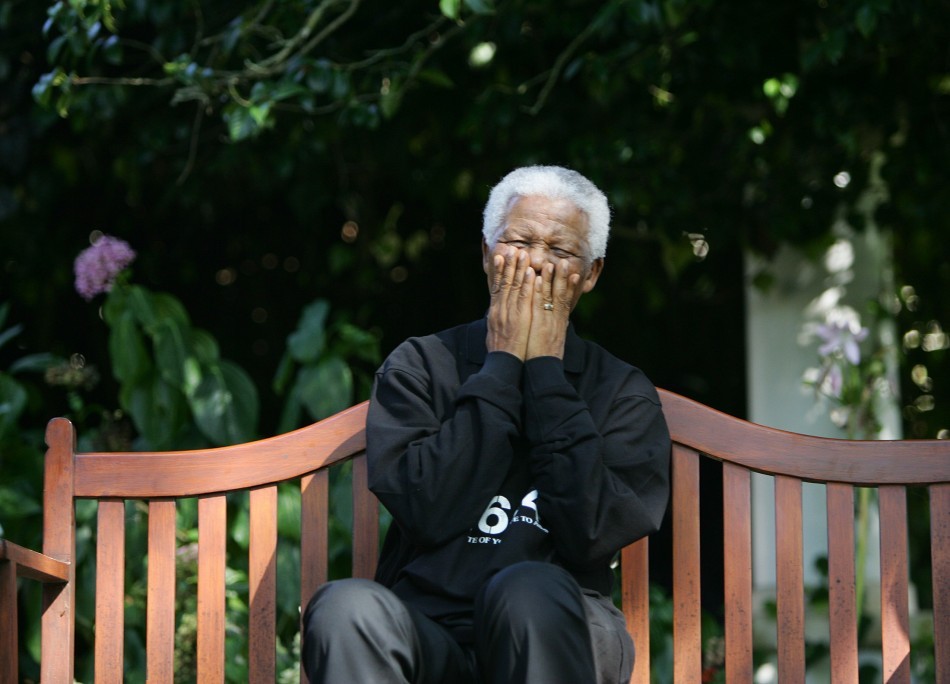
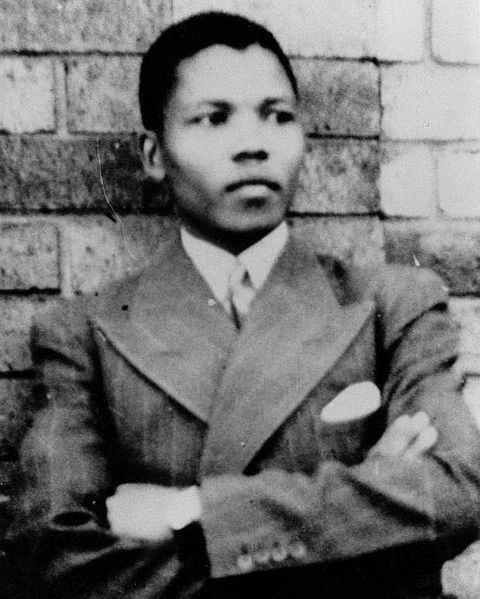
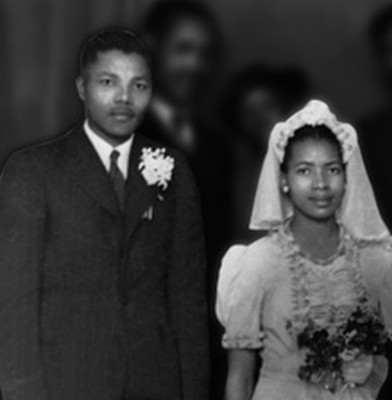
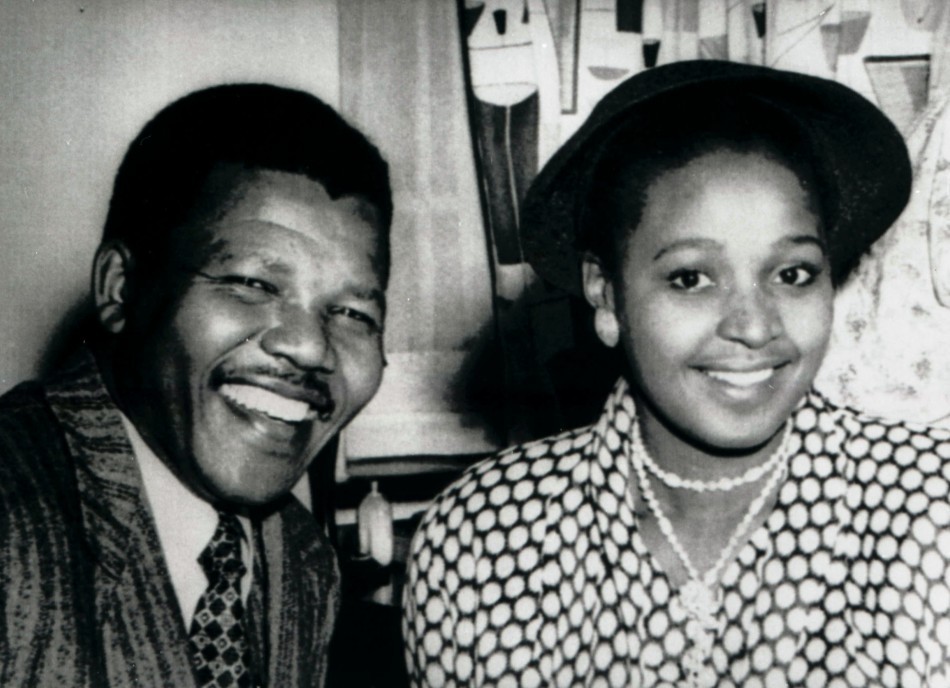
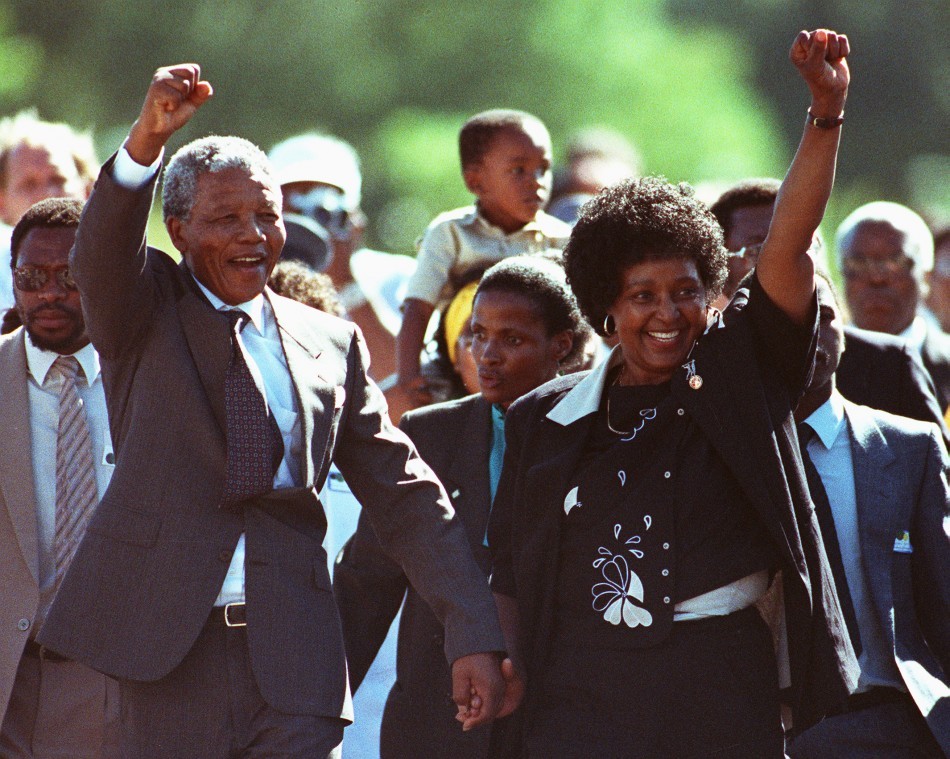
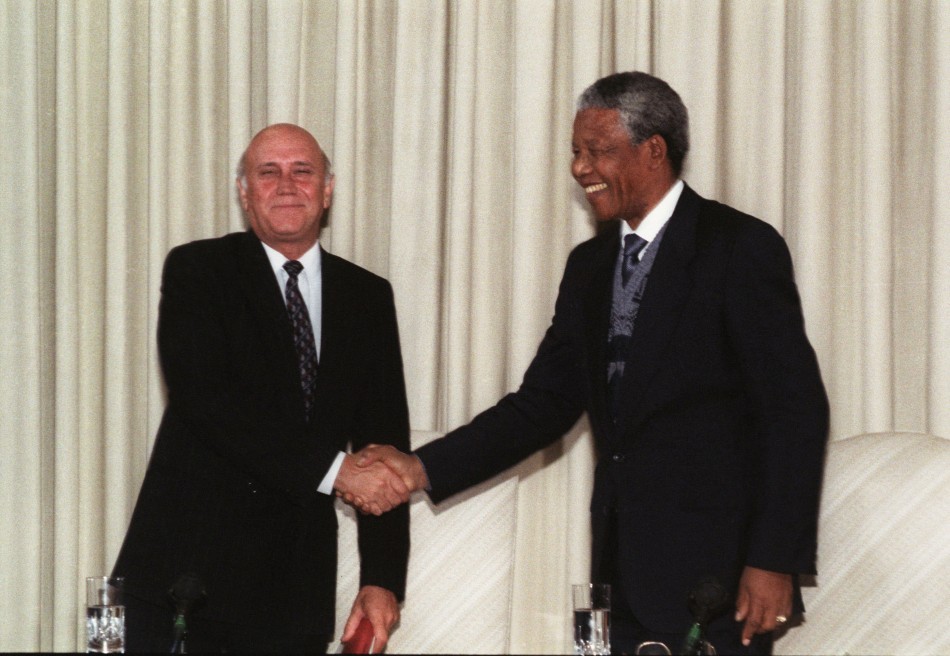
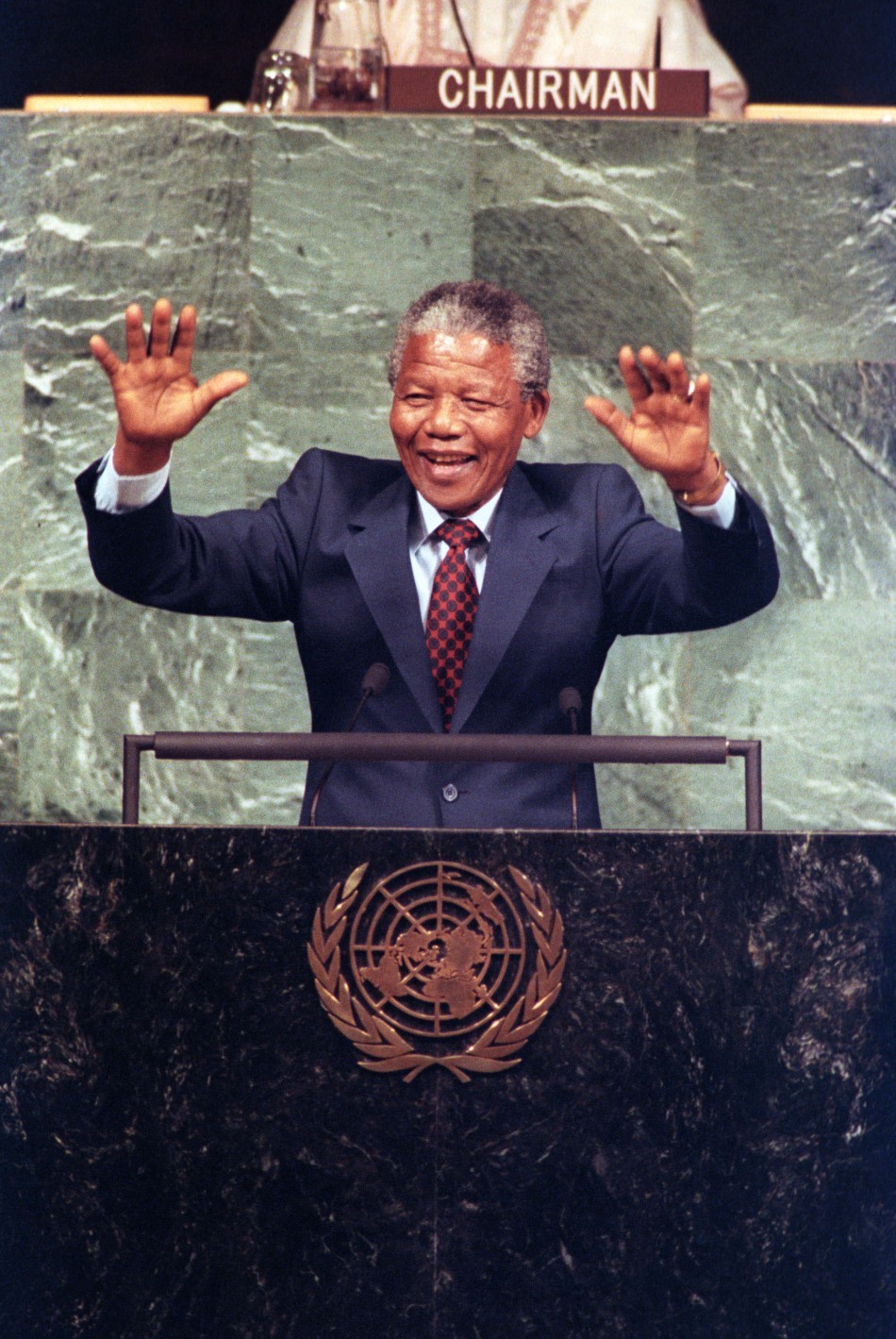
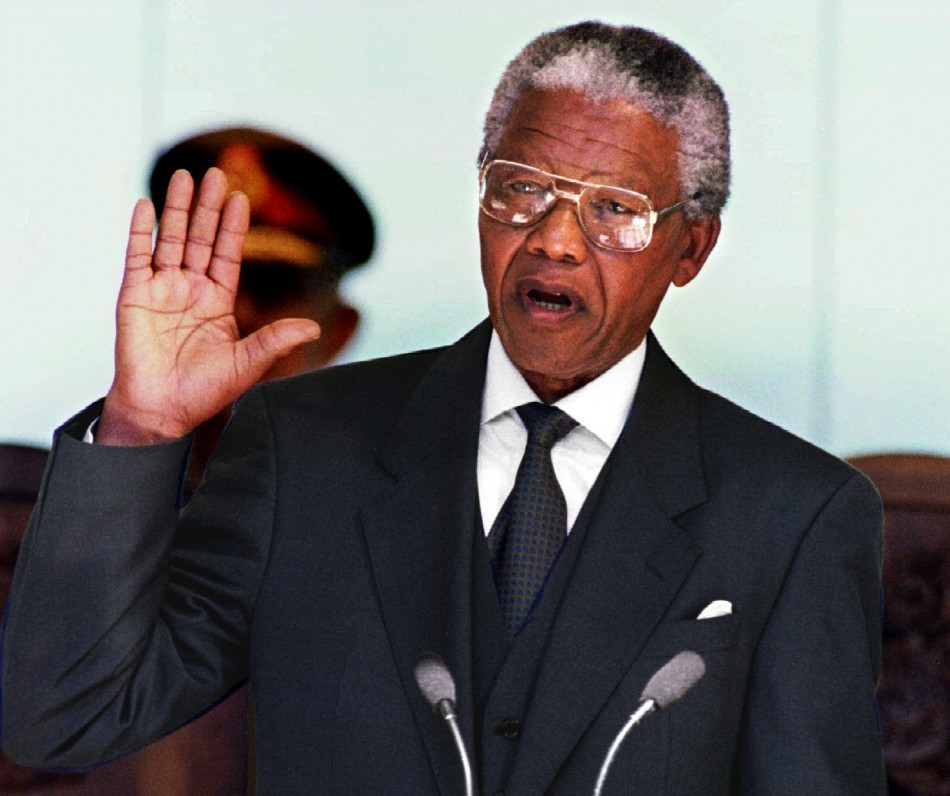
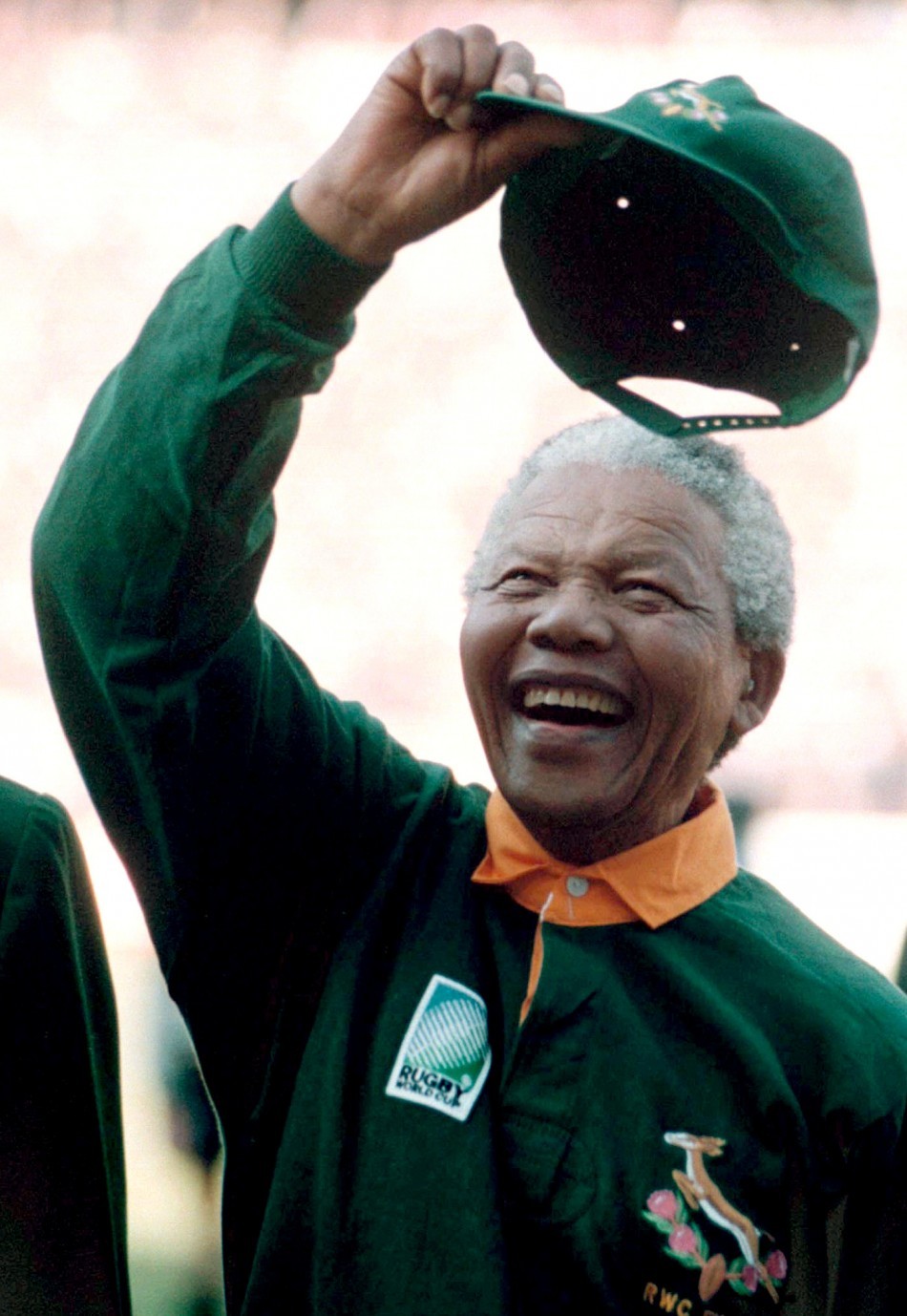
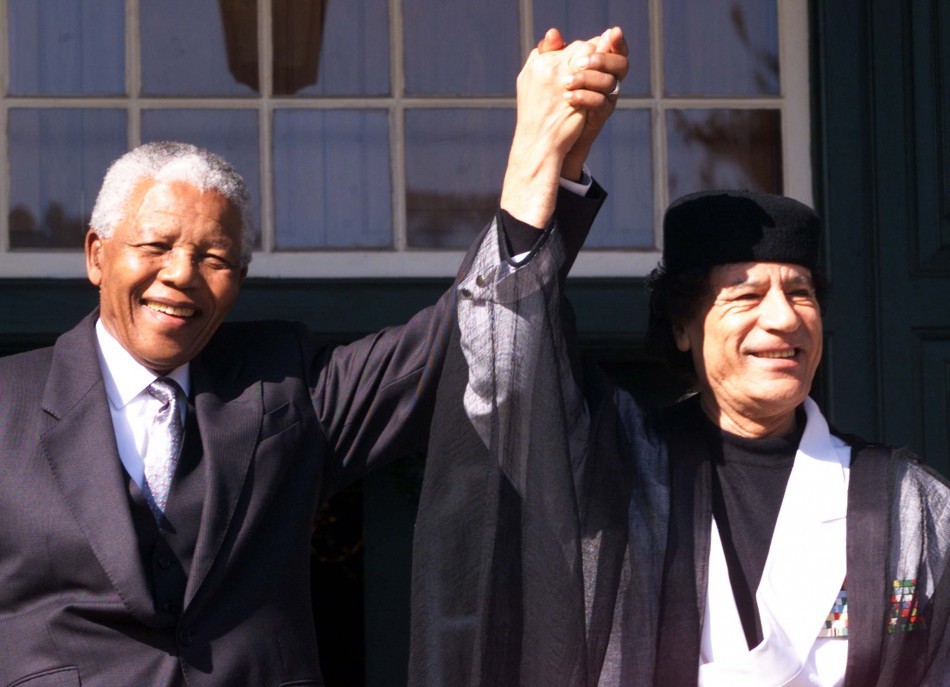
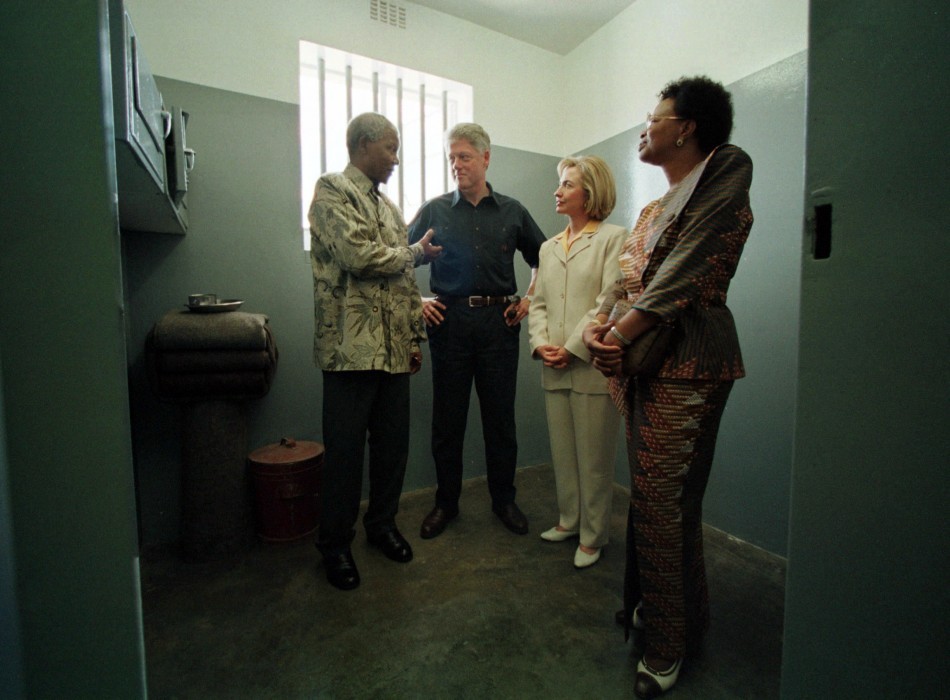
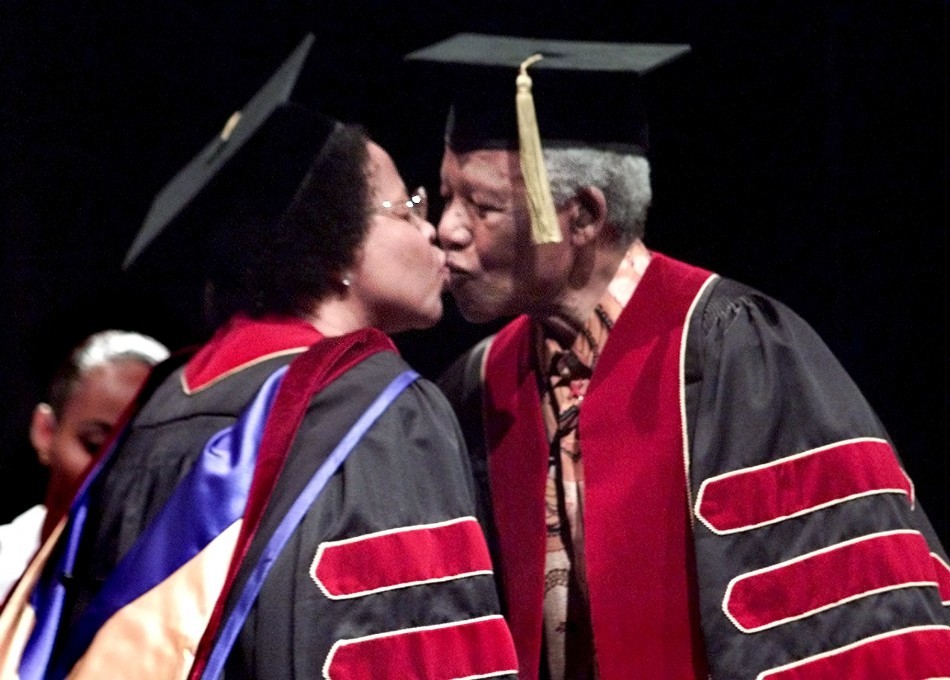
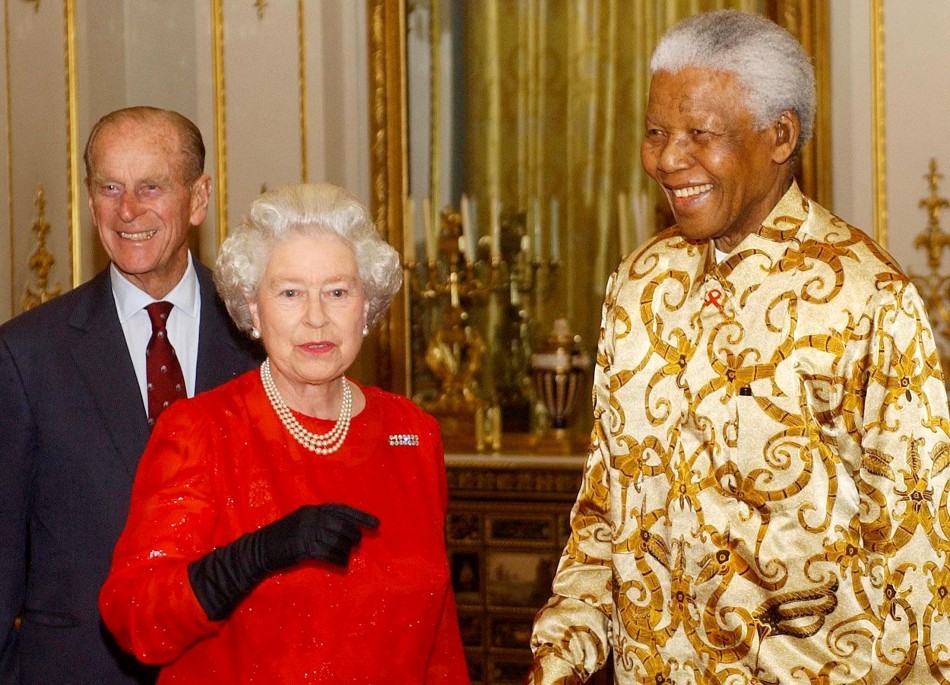
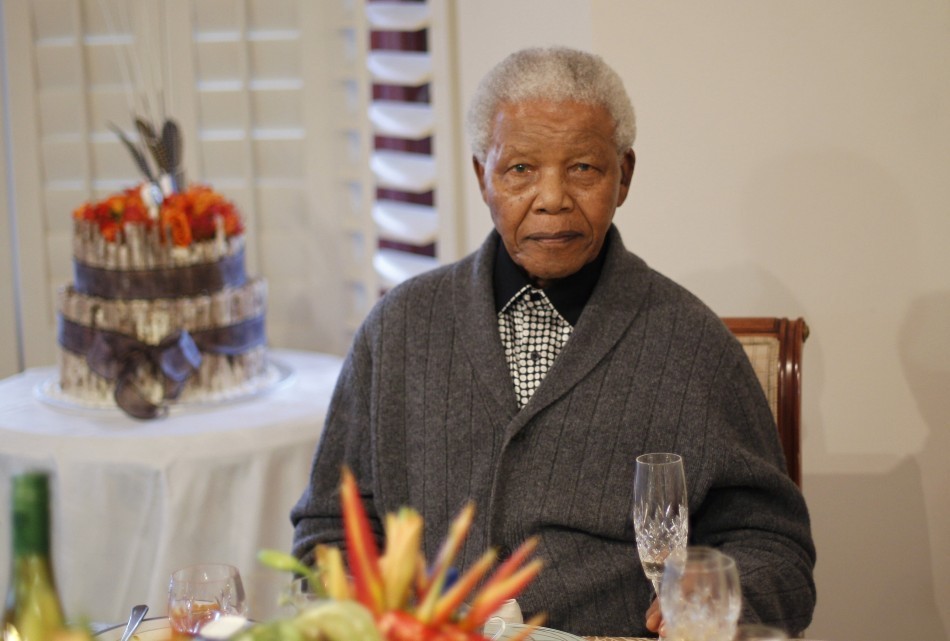
© Copyright IBTimes 2024. All rights reserved.






